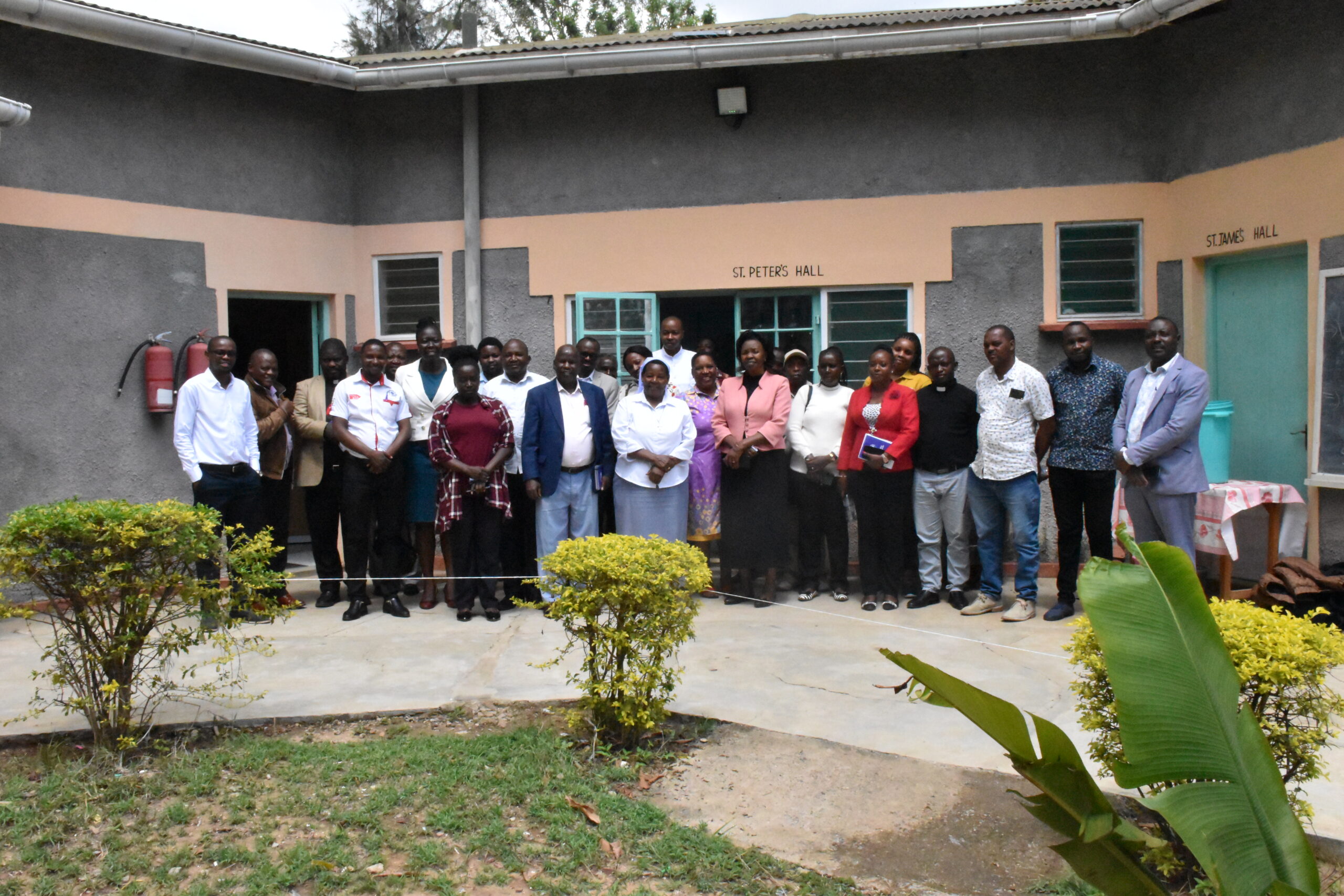By Pauline Kamiri
Nairobi, Kenya: Anti-microbials including antibiotics, underpin modern medicine is becoming less and less effective because of anti-microbial resistance (AMR). AMR is a condition that occurs when infections become resistant to drugs designed to treat them.
It is estimated that by the year 2030, anti-microbial resistance could force up to 24 million people into extreme poverty if not mitigated.
Kenya has carried out Anti-Microbial Resistance surveillance as far as the 1980s led by the leading referral hospital in Kenya; Kenyatta National Hospital. However collection of data of AMR has been hampered by the fact that most health facilities are not well equipped with microbiology laboratories to measure AMR hence there is limited data since most of this data is generated from academic research.
Research conducted by Africa Voices in Kiambu, Bungoma, and Kilifi counties through radio shows revealed that risky health-seeking practices on antibiotics among citizens, which includes citizens taking anti-microbial too soon or unnecessarily to fight a minor infection thereby causing AMR.
Inadequate and under-resourced health services as well as lack of guidance on the use of antibiotics and the consequences. When citizens visit health facilities they are hardly given any guidance on what should work for them in terms of taking antibiotics.

Perceptions of quality medicine, misinformation on the use of generic medicine as opposed to taking good quality medicine is also a challenge. Most citizens tend to go for low-quality medicines or generic since they are affordable as compared to the original medicine which is more expensive since they tend to think it will serve the same purpose of treating the ailment.
The weak enforcement and awareness of regulations on medications is also another big challenge in relation to AMR. Most citizens do not know that antibiotics are not to be given over the counter but would need a prescription but also pharmacists also dish out medications over the counter not explaining to the citizens the danger and this continues because there are no regulations to safeguard the use of antibiotics.
Tackling anti-microbial resistance is a shared responsibility with which the citizens should first change their practices in accessing, using, and misusing antimicrobials. The government in turn should invest heavily in AMR and make it a public health priority that policymakers should embrace.
Driving quality patient engagement on AMR to tackle misinformation and improve levels of trust with citizens which includes incorporating citizens’ voices in research studies that target challenges in AMR will go a long way in tackling all issues to do with AMR.
Dr. Simon Kibias Acting head Directorate of Health Standards, Quality assurance, and regulation, at MOH says ” The battle against infectious diseases require resilient health systems which call for long term investment in key elements including an educated public, adequate number of trained workers, information systems, financing and strong health governance systems that ensure quality and accountability.
“AMR is the most complex public health threat with the root causes in multiple sectors ranging from health, food safety and agriculture, environmental and trade,” says Dr. Rashid Aman, Health Chief Administrative Secretary Ministry of Health (MOH). He further added that previous studies have predicted a continued rise in AMR globally which might lead to 10 million deaths globally by the year 2050 if all factors are held constant and nothing is done to remedy the situation. A reduction of 3% in GDP is expected if there’s a continued rise in AMR. This will reverse all the gains made in the fight against infectious diseases and threaten advancement in modern medicine.
Aman in his keynote speech during the launch of a report on using citizen-generated data to address anti-microbial resistance in Kenya said that total engagement and enhancement of well-coordinated actions across sectors, citizens also on board will go a long way in fighting AMR among our people.
Operational research conducted on public awareness in 2019 reveal that levels of awareness of AMR were low in 73% of members of the public interviewed indicating that they had never heard of AMR awareness week and 71% of those interviewed indicated that they trusted doctors who prescribed antibiotics and was unwilling to prescribe an antibiotic which is a clear pointer to the enormous task ahead of us in advancing the AMR agenda
The MOH in partnership with the Ministry of Agriculture, livestock, fisheries, and cooperatives joined the regional and global efforts to reduce AMR and ensure the availability of effective antibiotics now and into the future.
In response to the AMR threat, the two ministries consolidated efforts to implement sustainable measures to mitigate any further emergence and spread of AMR. Using this one health approach the ministry developed a policy and national action plan on AMR and the implementation of the policy is well underway.














